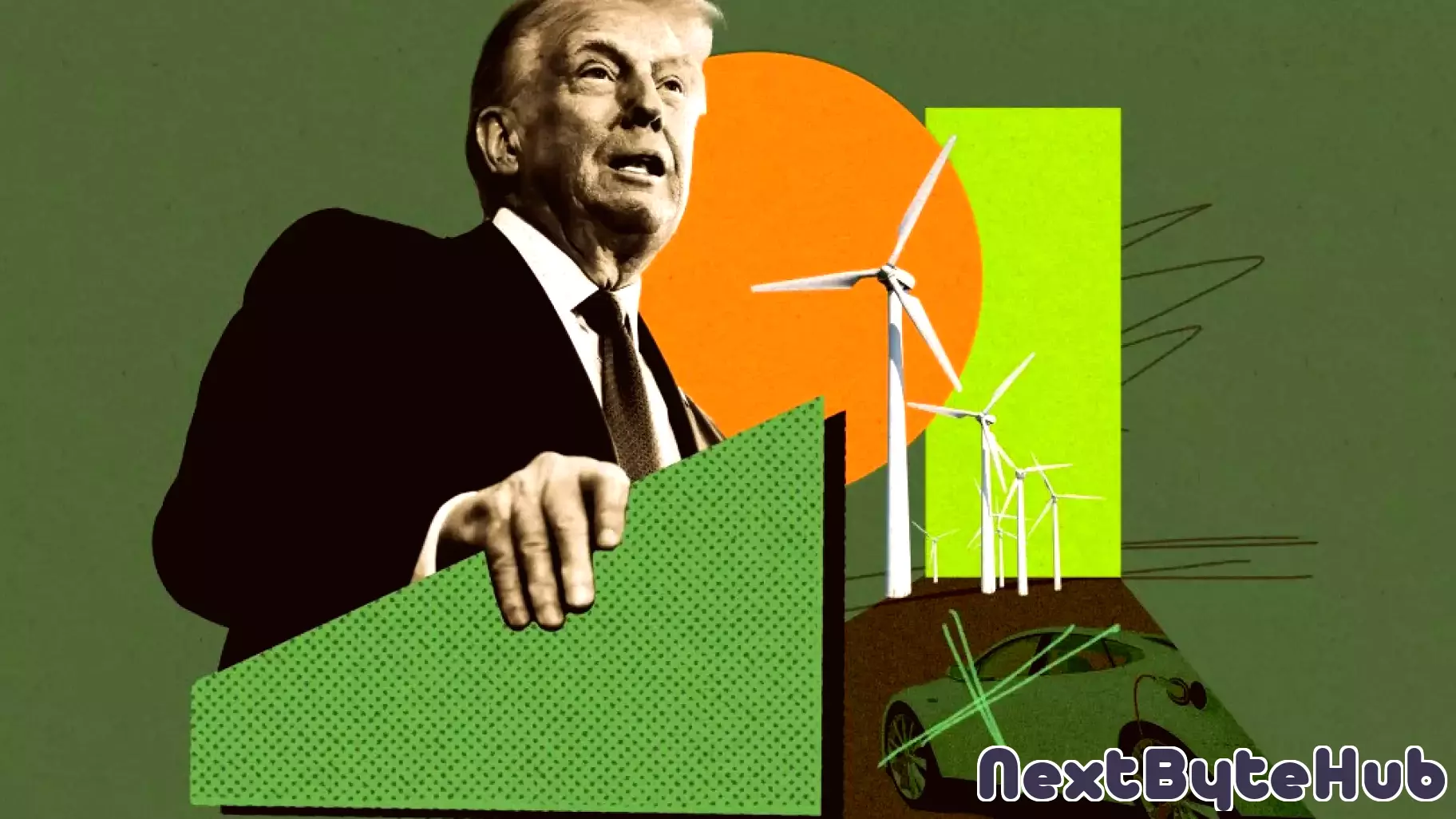What’s Next for EVs and Wind Power in the U.S.?
January 30, 2025 - 14:45

As the political landscape shifts, the future of climate technology in the United States, particularly under a potential Trump administration, raises several critical questions. The advancement of electric vehicles (EVs) and wind power technologies is crucial for achieving national climate goals, but uncertainty looms over their development and support.
Firstly, how will federal policies impact the growth of EV infrastructure? With the increasing demand for electric vehicles, the expansion of charging stations and incentives for consumers are vital. A change in leadership could lead to altered funding priorities, which may hinder progress in this area.
Secondly, what role will renewable energy play in the national energy strategy? Wind power has become a significant player in the energy market, but its future depends on government support and regulatory frameworks. The commitment to renewable energy sources may waver, affecting investments and innovation.
Lastly, how will international climate agreements influence domestic technologies? The U.S. stance on global climate initiatives can shape the landscape for American companies involved in climate tech. As the world increasingly prioritizes sustainability, the U.S. must navigate its position carefully to remain competitive and responsible in the climate technology sector.
MORE NEWS

February 3, 2026 - 03:14
Wake Schools considering new internet filtering, monitoring technologyIn response to growing concerns from students, staff, and families, the Wake County Public School System is actively considering the adoption of new internet filtering and monitoring technology....

February 2, 2026 - 18:16
From Veteran to Higher Education Leadership: Insights into the Technology FieldDr. Mark McKinney, a veteran and Dean of the College of Computer Information and Technology (CCIT), is applying the discipline and strategic perspective forged in military service to the evolving...

February 2, 2026 - 02:32
North America’s top computer vision scientist Liang Jie returns to ChinaDr. Liang Jie, widely recognized as one of North America`s foremost computer vision scientists, has concluded his tenure abroad to join a leading Chinese university. The move marks a significant...

February 1, 2026 - 20:14
How to Apply the 'Tyrant Test' to TechnologyA provocative new concept is emerging in legal and technology circles, urging the public to scrutinize the gadgets and platforms they use daily through a stark lens: could this technology be easily...